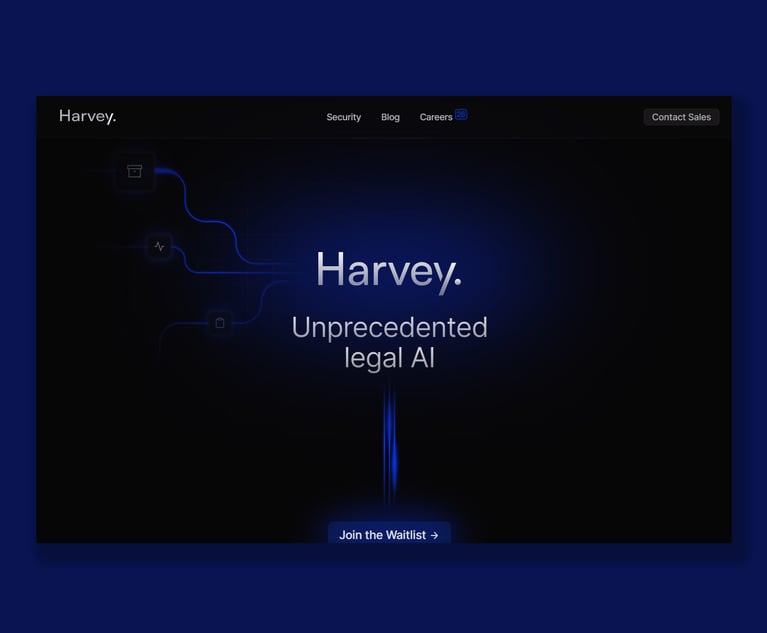Under the EU’s upcoming General Data Protection Regulation (GDPR), companies must adhere to at least one of six criteria to process personal data belonging to EU citizens. Most of these criteria, such as contractual or legal obligations, public interest, or vital interest offer only limited channels. Others though, such as gaining the consent of the individual or having a legitimate interest to process data, offer more leeway.
But while consent is clearly defined in the GDPR, the idea of having a “legitimate interest” to process data is far more complex. Many struggle to understand the concept, which in no small part is because by intention, it is malleable and meant to support a wide range of processing activities.











